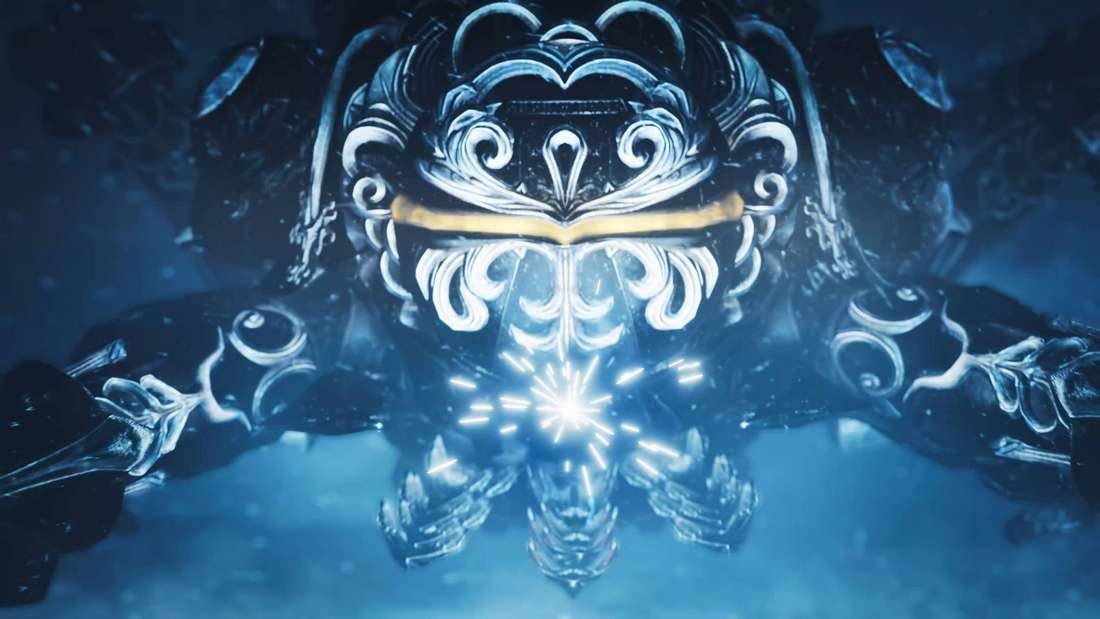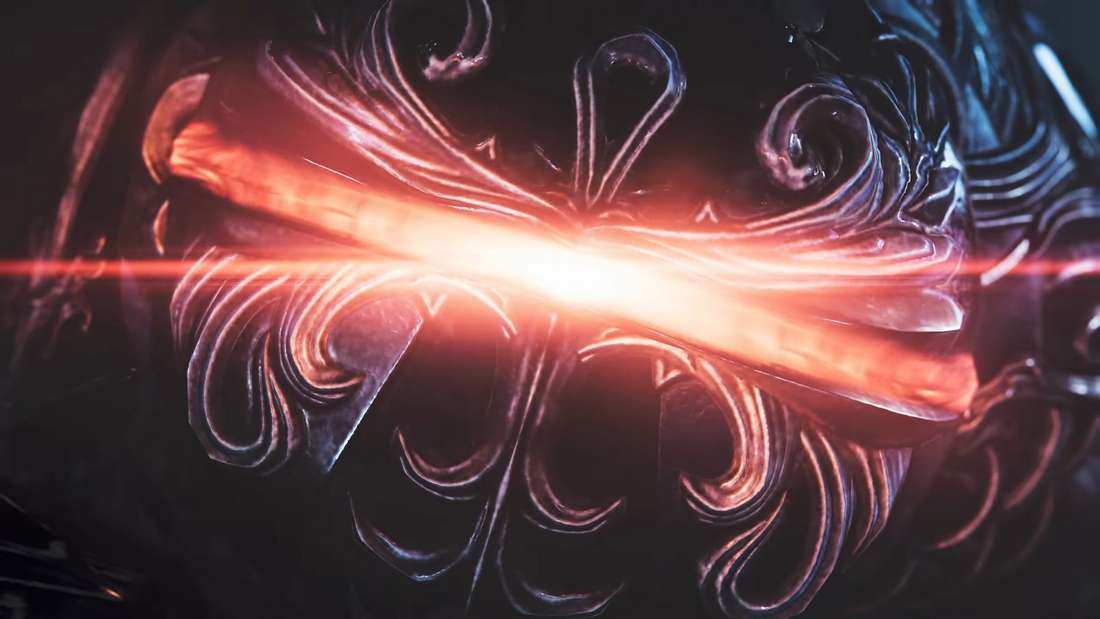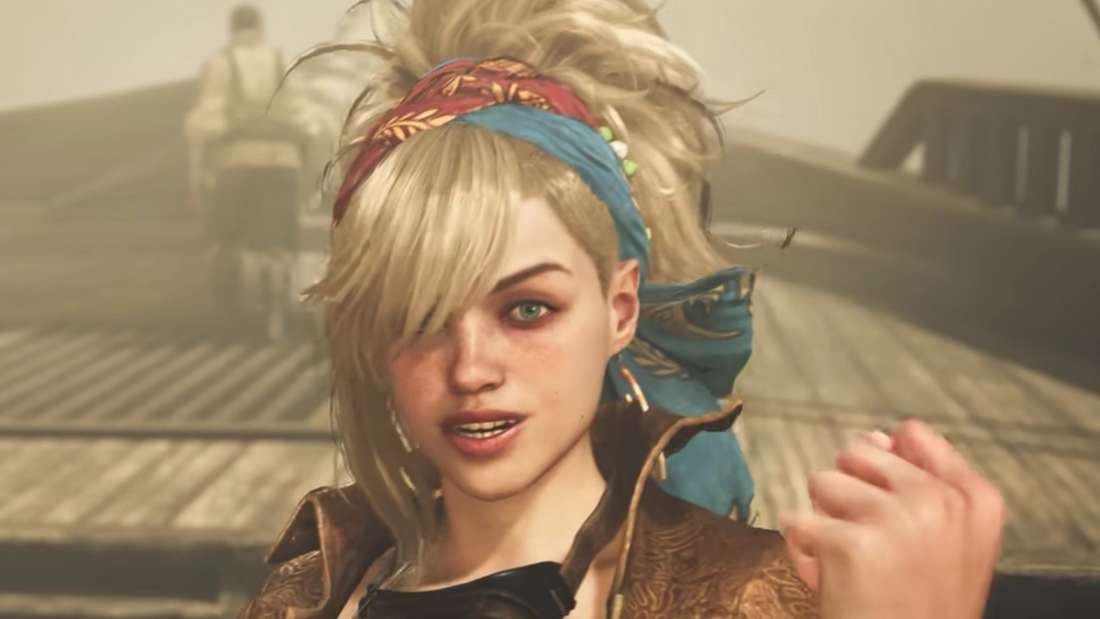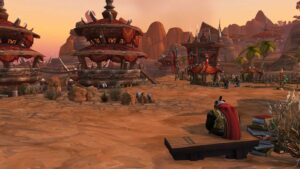Monster Hunter Wilds’ Sales Plunge: Older Title Monster Hunter Rise Overtakes Latest Blockbuster Amidst Protracted PC Performance Woes
Popular Now
 The Legend of Zelda
The Legend of Zelda
 Sonic the Hedgehog™ Classic
Sonic the Hedgehog™ Classic
 Call of Duty
Call of Duty
 Black Myth: Wukong
Black Myth: Wukong
 Roblox
Roblox
 Fortnite
Fortnite
 EA SPORT FC 25
EA SPORT FC 25
 Valorant
Valorant
 BeamNG.drive
BeamNG.drive
 PUBG Mobile
PUBG Mobile
 In a surprising turn of events that underscores the crucial role of platform optimization, Capcom’s latest mainline entry, Monster Hunter Wilds, has seen a dramatic deceleration in its commercial momentum. Recent financial disclosures from the Japanese publisher reveal that the newest title has been officially outsold by its predecessor, the 2021-released Monster Hunter Rise, during the latest fiscal quarter. This development, heavily attributed to persistent and unaddressed PC performance issues, places a significant question mark over the post-launch strategy for one of Capcom’s most valuable franchises, potentially impacting its future positioning in the highly competitive Gaming Market.
In a surprising turn of events that underscores the crucial role of platform optimization, Capcom’s latest mainline entry, Monster Hunter Wilds, has seen a dramatic deceleration in its commercial momentum. Recent financial disclosures from the Japanese publisher reveal that the newest title has been officially outsold by its predecessor, the 2021-released Monster Hunter Rise, during the latest fiscal quarter. This development, heavily attributed to persistent and unaddressed PC performance issues, places a significant question mark over the post-launch strategy for one of Capcom’s most valuable franchises, potentially impacting its future positioning in the highly competitive Gaming Market.
The Shocking Sales Breakdown: Wilds Sales Stagnation
Capcom’s financial report for the second quarter of the fiscal year 2025/2026 paints a concerning picture for Monster Hunter Wilds. While the game initially shattered records, achieving over 10 million units sold in its debut month—a feat of Digital Distribution success—the subsequent months have seen sales figures plummet. The new data indicates that:
- In the second quarter alone, Monster Hunter Wilds sold a mere 160,000 units.
- In contrast, the older title, Monster Hunter Rise, which has a mature install base and far superior PC optimization from its launch, sold a substantial 254,000 units in the same period.
- This quarterly performance saw Wilds not only fall behind its predecessor but also barely cling to a spot on Capcom’s top 10 current bestsellers for the fiscal year, a ranking now topped by perennial high-performers like Resident Evil Village and Devil May Cry 5, which highlights the value of strong Back Catalog Sales.
 PC Performance: The Undeniable Sales Drag
PC Performance: The Undeniable Sales Drag
Industry analysts and the passionate PC Gaming community alike have pointed an unwavering finger at the game’s technical state on its biggest sales platform: the PC. Unlike Monster Hunter Rise, which enjoyed a relatively stable PC launch—or at least received timely performance patches—Monster Hunter Wilds has been plagued by prolonged performance problems, including severe stutters, optimization flaws, and general instability for months following its release.
Strong word-of-mouth regarding these technical difficulties appears to have been the primary deterrent for potential buyers who might have otherwise contributed to the game’s sustained revenue stream. The delay in delivering comprehensive fixes, with Capcom initially signaling that major optimizations would take months to implement, effectively cooled the game’s early sales heat. This prolonged technical oversight demonstrates a critical misstep in managing the highly sensitive PC Game Launch environment, where immediate stability is key to preventing negative user reviews and declining organic sales. Addressing these issues immediately would provide a substantial return on investment (ROI) through sustained sales and positive Customer Lifetime Value (CLV).
The Capcom Catalog and the Value of Stability
The success of the older Capcom catalog titles in this quarter is a clear testament to the sustained demand for polished, well-regarded games. The robust performance of Resident Evil titles and the surprising resilience of Monster Hunter Rise—a title praised for its swift transition to PC without significant protracted issues—serve as a sharp contrast to the struggles of Wilds. This scenario strongly suggests that Game Development Cost should equally prioritize long-term stability and platform parity to ensure a consistent Return on Equity (ROE) for a major release.
 Looking Ahead: What This Means for the Franchise and Investors
Looking Ahead: What This Means for the Franchise and Investors
The significant drop-off in sales for Monster Hunter Wilds post-launch is a major indicator that consumer tolerance for poorly optimized games, even from major publishers, is at an all-time low. For Capcom, the challenge now lies in not only delivering the promised performance updates—especially the long-awaited multifaceted optimization plan targeting CPU and GPU performance—but also in restoring player trust, a vital component of successful Game Marketing.
The immediate competitive advantage gained by the older, more stable Monster Hunter Rise in the latest sales report sends a loud and clear message to developers across the industry: Launch Stability is now a critical, non-negotiable component of a AAA title’s commercial viability and long-term success. Investors will be keenly watching the next financial quarter to see if the promised fixes can reinvigorate sales momentum and secure Monster Hunter Wilds‘ intended high-ranking position within Capcom’s stellar roster of franchises.
Keywords for SEO/CPC: Monster Hunter Wilds, Monster Hunter Rise, Capcom Sales, PC Performance Issues, Gaming Market, PC Gaming, Video Game Industry News, Capcom Financial Results, Digital Distribution, Game Optimization, Best Selling Games, Back Catalog Sales, Return on Investment, Game Development Cost, Customer Lifetime Value, Game Marketing.
Disclaimer: This article is based on publicly available financial reports and industry analysis as of the published date. Sales figures are subject to final audit and may fluctuate. (Source: Capcom Investor Relations, various industry publications.)
Would you like me to write a similar analysis focusing on the specific patches and community reaction to the PC fixes for Monster Hunter Wilds?







